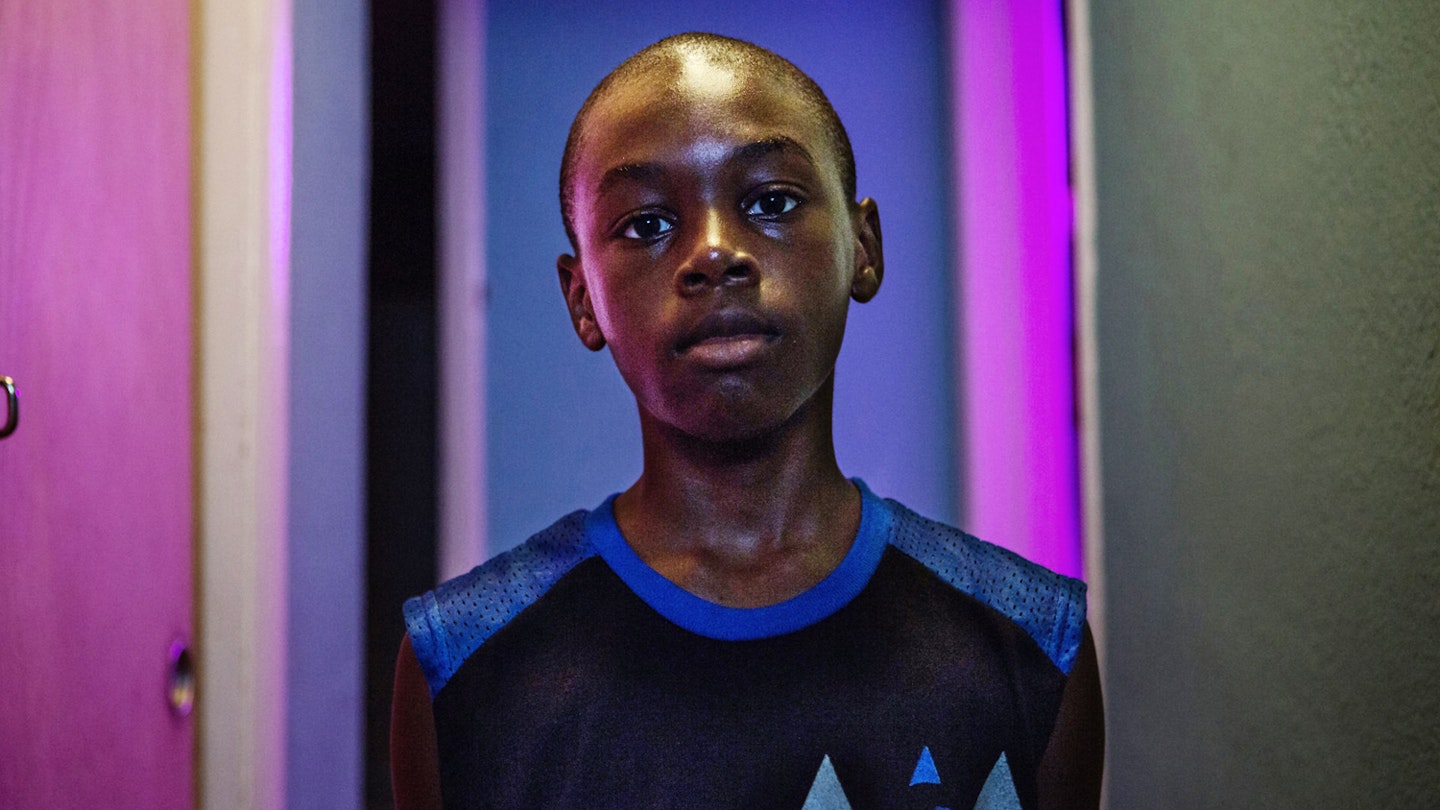The death of a loved one is always a nightmarish prospect, but that fear is given a particularly horrifying edge in this humanist story, told with fantastical flourishes. It’s anchored by the riveting Daniela Vega, whose Marina is faced with suspicion and potential homelessness after her boyfriend’s sudden collapse.
We’re introduced to Marina as a rather glamorous, very beautiful young woman, hurrying to her nightclub singing gig and making electric eye-contact with her much older lover, Orlando (Reyes), across the room. The pair have dinner before heading to his flat, where Marina has just moved in, and plan a romantic trip to mark this milestone. But when Orlando wakes in the night with a pain in his chest, their idyll is shattered. Marina is left alone to face a suddenly hostile world.
This is a character study rather than a plot-heavy affair.
Marina is trans, and this fact makes her the object of immediate suspicion to the authorities. Orlando fell in his final minutes as she attempted to get him to hospital, and his bruises fuel accusations of foul play. The police, even the apparently sympathetic officer who instructs a subordinate against misgendering Marina, are quick to accuse her of involvement in prostitution and perhaps even of violence towards him. Her very existence is treated as perversion.
Meanwhile Orlando’s family cut her dead, ask her to move out of her flat, and ban her from his funeral. But Marina soldiers on, against a torrent of assaults. There’s the ex-wife who asks how she would explain Marina’s presence to her young children; the furious family member who abducts her and attempts more violent means of getting rid of her; and the haunting ghost of Orlando himself, reminding her of the love she has lost. It’s sometimes extremely disturbing to watch, but the worst moments come when Marina must pass as a man to find something important, an abnegation of her identity that is intensely upsetting viewing.

Yet however the world aims to break Marina, they reckon without her strength. As with director Sebastián Lelio’s 2013 film Gloria, this is a character study rather than a plot-heavy affair, and the camera rarely leaves Vega for long. But she meets it, authoritative, daring you to look away. The title is a sort of pun: “fantastica” in Spanish means both wonderful and fantasy, and there are touches of fantasy through the film, in surreal images and an imaginary dance number that’s more about defiance than joy. Marina is all too well aware of the harsh reality around her, but she was Orlando’s fantasy woman and uses her own fantasies to navigate his loss and defy all those who would deny her. It’s quietly powerful stuff.

